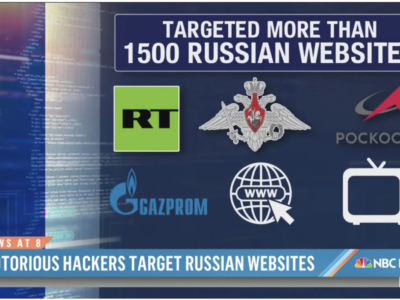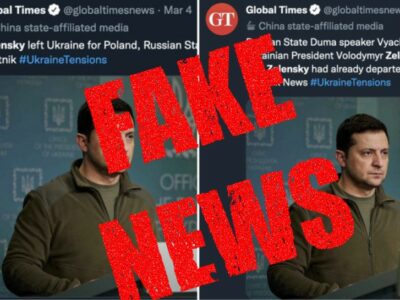Stories about Eastern & Central Europe from March, 2022
Keeping fakes under control: how legislation on disinformation turns into a censorship tool
In some countries, the legislative initiatives that operate with the terms fake news and disinformation become the instruments of surveillance, the silencing of voices, and the fight against dissent.
The geopolitics of disinformation and cybersecurity in Europe
Political and private sector experts were warning the EU to take more precautions against the kind of Russian cyber-attacks unleashed on Ukraine, amid concern that Russia could use them in response to EU sanctions.
Bangladesh media accused of bias by Russia on Ukraine war coverage
The Russian ambassador to Bangladesh accused Bangladeshi media of taking a “biased approach” in their coverage of Russia's invasion of Ukraine.
Bringing diversity to Chinese narratives on Ukraine: A Chinese blogger in Odessa
A Chinese businessman based in Odessa in Ukraine has turned into a blogger with his own anti-Russian invasion views, only to be censored and attacked on Chinese social media
Can Ukraine's internet sustain longer-term attacks and destruction from Russia?
In Ukraine, the internet has become the major front of defense against the Russian invasion. Many experts have been asking why Russia has not tried to destroy Ukraine’s internet infrastructure?
Russia’s cyberwarfare remains limited, while Ukraine is crowdsourcing its own
Since 2008, Russia has been lauded as a cyber superpower. In the past, Russian cyber attacks have taken out electric grids, hacked elections, bankrupted corporations, and disabled military infrastructure. Nations across the world have been bracing for increased levels of cyberattacks, fearing that Russia will retaliate against sanctions by infiltrating global...
Why have attempts to debunk Russian war propaganda on Weibo failed?
China relies on Russian propaganda as the main source of information on the Ukraine crisis. Censorship instruction forbids Sino-Russian antagonism and anti-war declaration. Love triangle analogy has gone viral.







